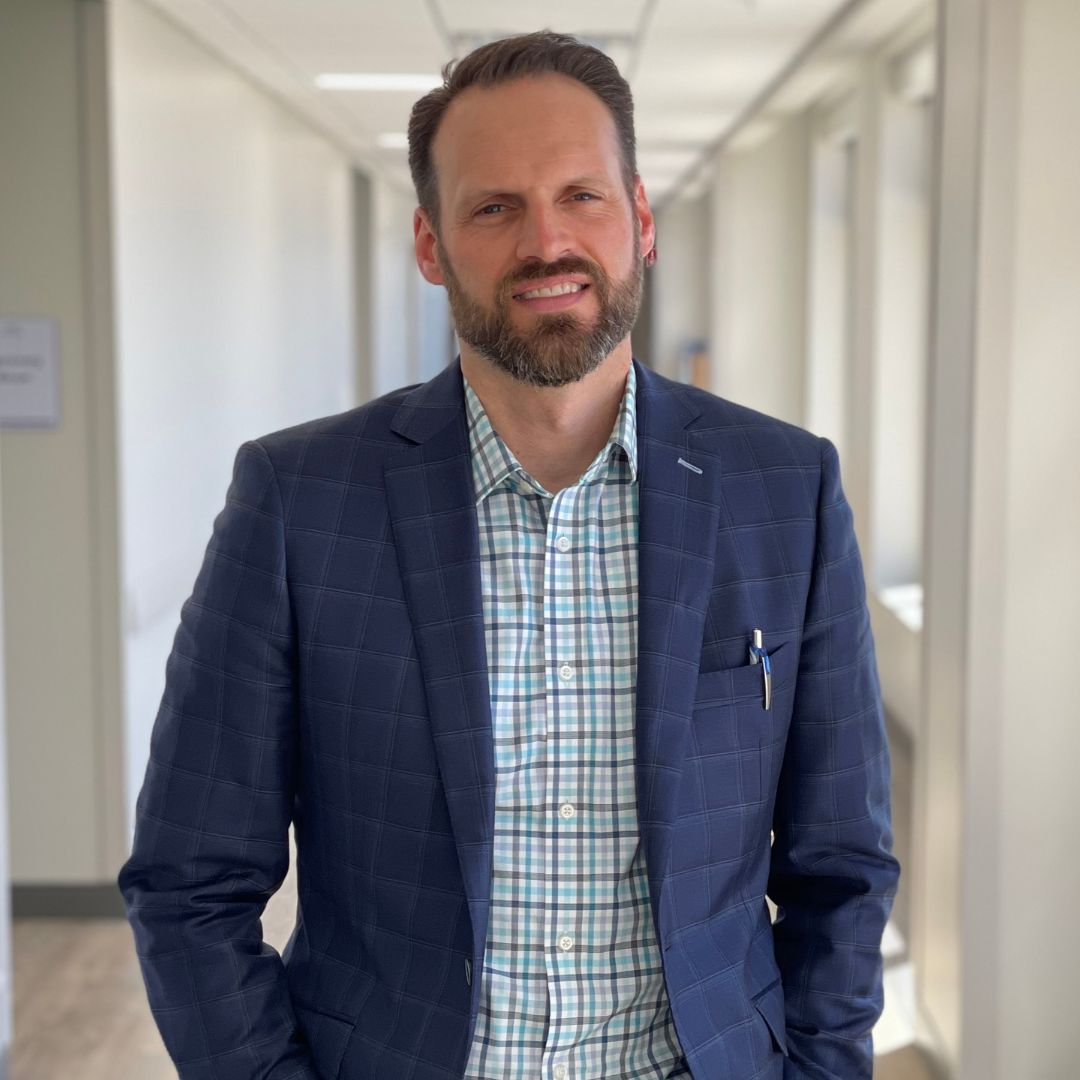
04 May Knowing Your Options for Partial Knee Replacement
Originally published in the Williamson Herald –
As a Williamson County native, Brian Perkinson, M.D., grew up visiting physicians now with Bone and Joint Institute of Tennessee and developed longstanding relationships with many of them. Upon completing his own education, Dr. Perkinson returned to Wilco to join the team of physicians at Bone and Joint Institute himself. After focusing his fellowship training on partial knee replacement surgery, Dr. Perkinson made it his mission to ensure his patients know their options when it comes to joint replacement surgery.
“When patients are unaware of an option they have, I think that is a disservice to them,” said Dr. Perkinson. “They should be aware of all surgical and nonsurgical options at their disposal.”
Partial knee replacement surgery is a great option for patients suffering from arthritis in one area of the joint with stability and good range of motion in the knee. However, this type of surgery is not always available to patients.
“Partial knee replacement is finally starting to get the attention it deserves from the medical community and patients,” said Dr. Perkinson. “However, it requires highly trained specialists who have experience with these types of procedures.”
While a total knee replacement involves all components of the knee joint, a partial knee replacement focuses only on the areas affected by arthritis. Although medial (inside) replacements are the most common, lateral (outside) and patella femoral (underneath) replacements are all available options for this procedure.
As a minimally invasive surgery, partial knee replacements reduce the recovery time patients can expect. Patients who undergo partial knee replacement can also experience higher activity levels up to four weeks sooner than those who have total knee replacements, with recovery occurring in just six weeks.
“Unlike a total knee replacement, this procedure only requires a small incision that does not disrupt the quad tendon,” said Dr. Perkinson. “We leave 75% of the knee joint alone during surgery.”
In addition to more bone preservation, partial knee replacements result in better range of motion and a decreased rate of infection. “As an incremental surgery opportunity, partial knee replacements are great for younger or elderly patients who want to get back on their feet faster,” said Dr Perkinson. “And you still have the option for a total knee replacement in the future.”
As a highly successful surgery, traditional partial knee replacements last up to 15 years 85% of the time. However, recent data shows that robotic-assisted partial knee replacement surgery offers increased benefits to patients, lasting nearly a decade close to 100% of the time.
“Robotic-assisted surgery allows for very precise incisions and easier alignment and balancing during the procedure,” said Dr. Perkinson. “We are proud to be able to offer that technology to our patients right here at Bone and Joint Institute.”
With these options available, Dr. Perkinson advises patients to get evaluated sooner rather than later if they are experiencing pain associated with arthritis.
“When pain starts to affect activities of daily living like climbing stairs, getting out of chairs or even sleeping, it’s time to consult with a physician,” said Dr. Perkinson.
As the weather heats up, now is an ideal time to undergo a procedure of this nature so you can return to outdoor activities like cycling, gardening and golfing just in time for summer.
Dr. Perkinson reminds patients that not every orthopaedic surgeon offers partial knee replacements. “I complete about 75 -100 partial knee replacement surgeries a year, and have been doing so for 10 years,” said Dr. Perkinson. “If you are a candidate, do your research and find a surgeon that completes these procedures at a high volume.”
As the medical community begins to take more notice in the benefits of partial knee replacement surgery, Dr. Perkinson hopes that more patients will become aware of their options. “We have the resources, technology and expertise to provide our patients with all of the options regarding their health,” said Dr. Perkinson. “This makes Bone and Joint Institute the ideal location for exceptional orthopaedic care.”
To setup your consultation today with Dr. Perkinson or another Bone and Joint Institute of Tennessee specialist, click here or call the clinic at (615) 791-2630.
